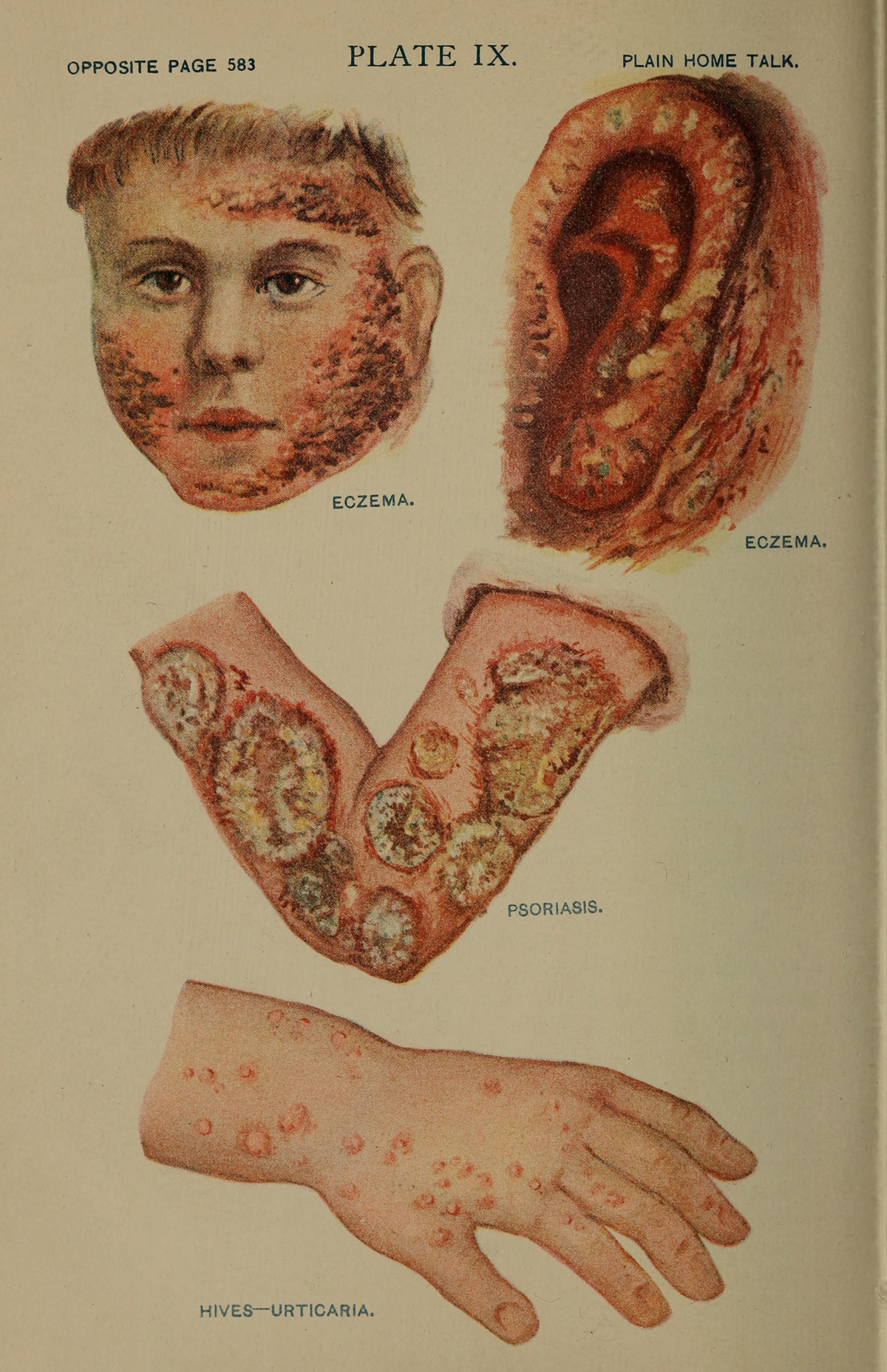
Hives
Hives, medically known as urticaria, is a specific rash on the skin which features with swelling and pale red bumps or plaques. It occurs suddenly and may be induced by various factors. Hives actually represents body's reaction to specific allergens. In some cases the actual cause of hives remains unknown.
The skin changes are itchy and one may also suffer from burning or stinging sensations. Hives can occur at each and every part of the body. Skin changes vary in size. In some patients they are separated while in others they merge together affecting larger portions of the skin. Acute form of the disease lasts less than 6 weeks.
Causes of Hives
The mechanism of hives includes histamines. Increased production of histamines in the body leads to leakage of plasma out of capillaries into the surrounding tissues. This increases permeability finally results in swelling. Increased production of histamines is typical in allergic reactions which is only one cause of hives.
Patients may be allergic to food, sunlight, certain medications or insect's stings. All of the previously mentioned and many more can cause hives. As for food the most common allergies include allergy to nuts, chocolate, eggs, milk, fresh berries, and fish. Some people may also be allergic to specific additives or preservatives. Medications which are common inducers of hives are Aspirin and non steroidal anti-inflammatory medications, ACE inhibitors and so on. Some patients develop hives after the skin has been exposed to specific allergen. This particularly refers to soaps, cosmetic products of even some detergents and washing powders.
In some people exposure to high levels of stress may lead to the onset of the disease. Hives due to stress are hard to deal with because in this case only reduction of stress or better coping with it may prevent skin changes.
Treatment for Hives
The first thing a patient must do is to identify and eliminate the potential trigger of the disease. Staying away from the allergens can be an excellent prevention against hives. The patients are most commonly prescribed antihistamines. These medications alleviate the symptoms such as itchiness. Antihistamines are most efficient if taken prior the exposure to allergens as this way hives will not even develop.
Chronic form of the disease apart from antihistamines usually requires additional medications such as corticosteroids.
Additional relief from the symptoms can be achieved by cold compresses and working and/or sleeping in a cold room.
If patients notice they are getting worse and that apart from the initial skin symptoms there are additional symptoms such as wheezing and difficulties with breathing, feeling of tightness in the chest or swelling of the tongue, lips or face they must call 911 immediately since this may point to development of angioedema which is a severe and life-threatening medical condition.


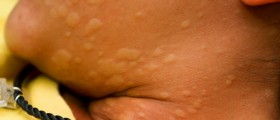
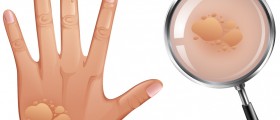
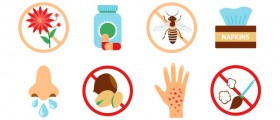
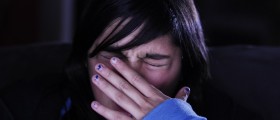


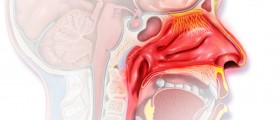
-Causes,-Symptoms-And-Diagnosis_f_280x120.jpg)
-Help-Treat-Your-Cold-Or-Flu_f_280x120.jpg)

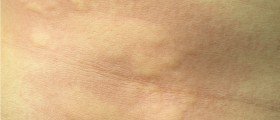
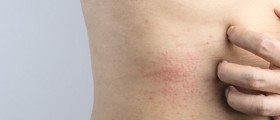


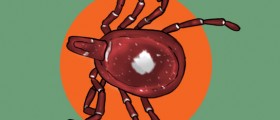
Your thoughts on this
Loading...